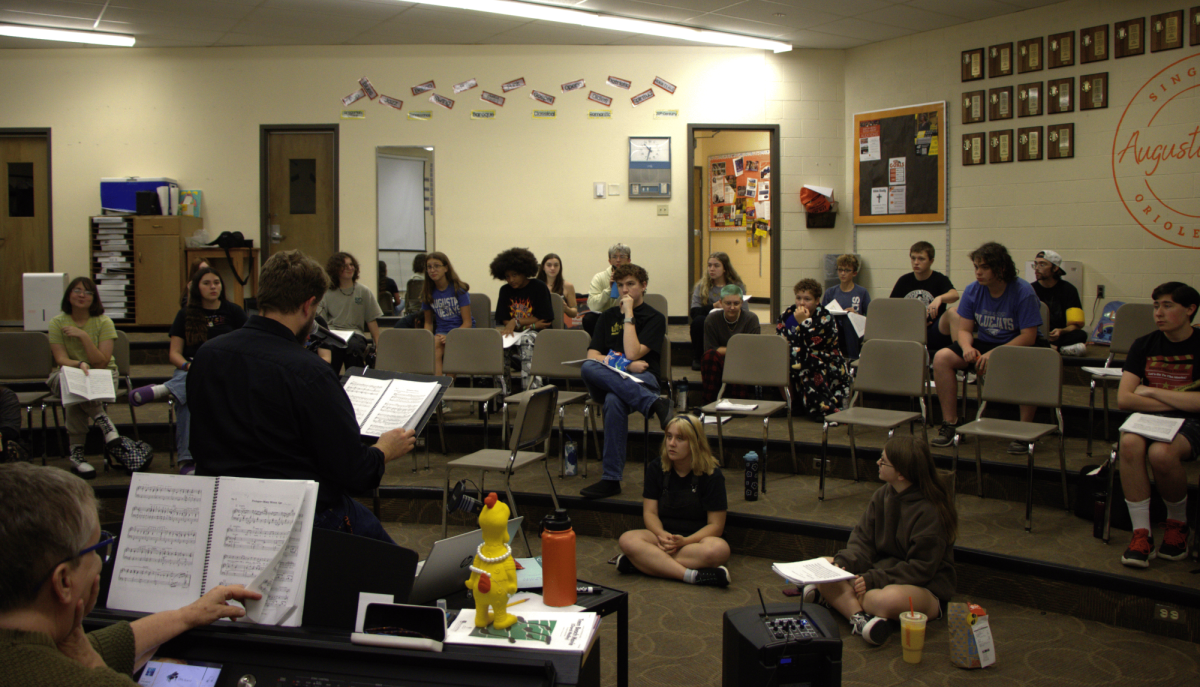
“Bell hasn’t rung yet,” math teacher Sammi Cosby says as students reach for their phones.
The new phone policy took effect at the start of the school year, students are still adjusting to it. However, teachers find the new policy to be a good change.
“The engagement of students has gone up more, so there is lots more discussion,” social studies teacher Brad Raine said.
On the flip side, the policy holds some challenges.
“It is more difficult because I am trying to find phones and watch to see if they are really put away, it really takes time,” Raine said.
Phones are popular with teenagers, and the removal of them is not an easy change.
“The reason we are in this particular stage is because a lot of us can’t manage that tool appropriately,” Childers said.
With the policy students feel big changes to ace. Previously, students could play games on their phones. Now with the ban, students have switched to playing games on their computers.
“In ACE, students now have to choose between games or doing work, they can’t sit and text,” Cosby said.
Without the option of phones, students focus more on schoolwork during school.
“I end up going over my classes more and studying more,” sophomore Ali Morrow said.
The use of phones is not always a distraction, phones can be a quick resource available to students. Previously students could use a QR code on their phones to log into computers.
“Now that I can’t have it, I have to sign in every single time and I’m losing all my progress in my work,” Morrow said.
In certain classes, phones are important to the curriculum. The principles of marketing class includes a social media unit and phones are needed as a resource.
“Not being able to access and utilize features of those platforms makes things a lot more difficult,” Childers said.
At the college level, phones are not as regulated.
“When I taught college, they had their phones, but the students who were prone to sit on their phones and not focus, did not show up,” Cosby said.









